In recent years, the concentration of wealth has become an increasingly pressing issue. The existence of billionaires has sparked intense debates about the ethics of extreme wealth and its impact on society.
From a political philosophy standpoint, Ingrid Robeyns argues that the existence of billionaires is a policy failure and that measures should be taken to address wealth inequality. In this article, we will explore Robeyns’ and others’ arguments surrounding billionaires and delve into the political philosophy behind the call for their eradication.
The Phenomenon of Billionaires
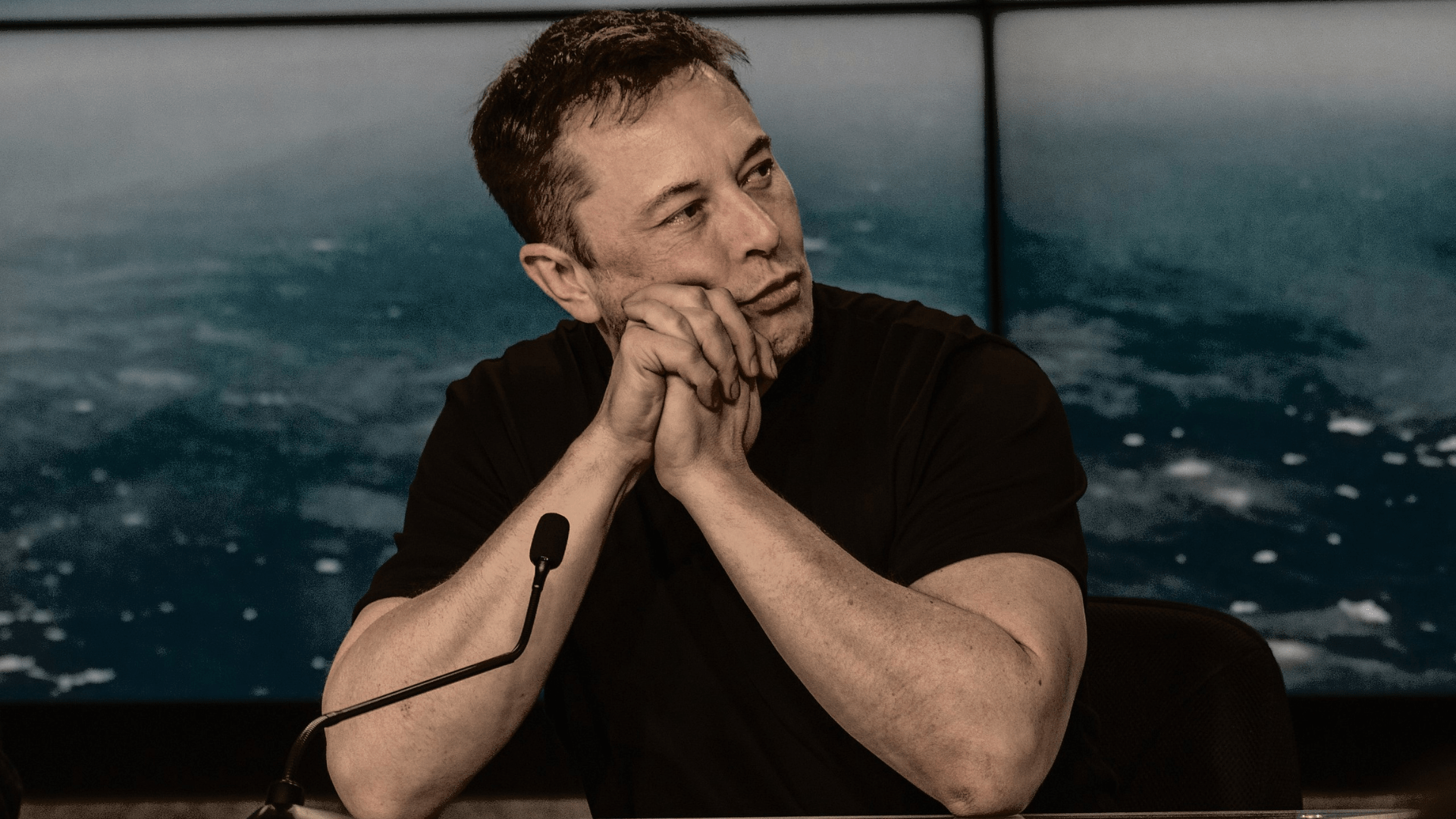
Billionaires, individuals with a net worth exceeding $1 billion, have seen a dramatic increase in numbers and wealth over the past decades. According to recent data, the richest five men in the world have doubled their fortunes since 2020.
However, this surge in billionaire wealth stands in stark contrast to the increasing poverty experienced by almost five billion people globally. The disparity between extreme wealth and widespread hardship has led many to question the social and economic systems that allow such inequality to persist.
The Argument: Every Billionaire is a Policy Failure
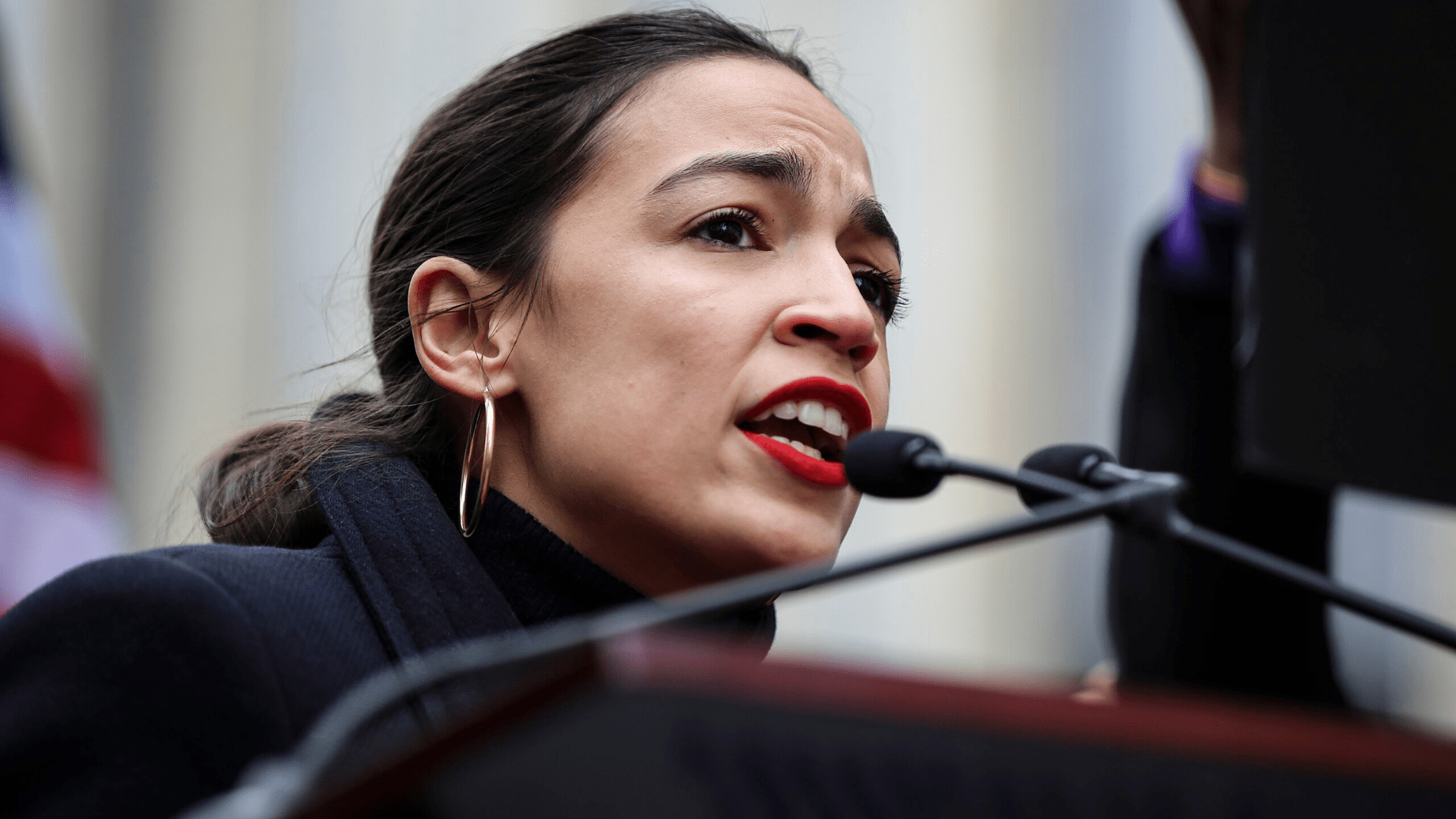
Alexandra Ocasio-Cortez’s adviser Dan Riffle created the slogan “Every billionaire is a policy failure.” This phrase encapsulates the belief that the existence of billionaires is a result of flawed policies and systems.
This perspective argues that billionaires accumulate wealth through exploitative practices, such as squeezing workers, evading taxes, and contributing to climate breakdown. Their immense wealth is seen as a direct consequence of policies that prioritize the interests of the rich over the well-being of the general population.
The Impact of Billionaires on Inequality

The concentration of wealth in the hands of a few individuals exacerbates inequality on a global scale.
Studies have shown that the top 1% of the global population owns more wealth than the bottom 50% combined. This concentration of wealth has significant implications for access to resources and opportunities. It perpetuates a system where the rich have more influence and power, while the rest struggle to make ends meet.
The Role of Philanthropy
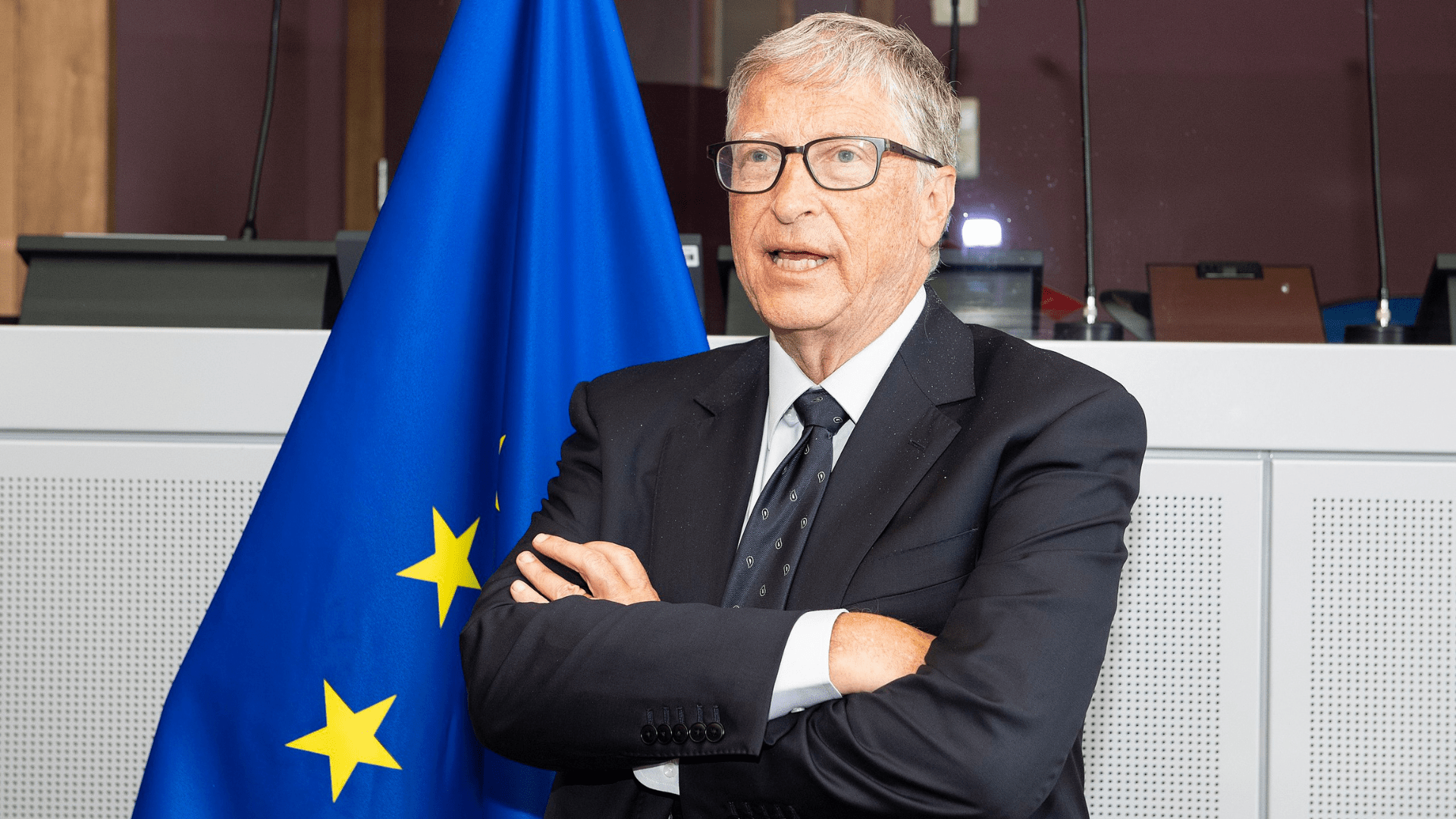
Proponents of billionaires argue that their philanthropic efforts mitigate the negative effects of their wealth accumulation.
Figures like Bill Gates and Warren Buffet are often highlighted for their charitable contributions and initiatives. However, critics argue that philanthropy should not replace robust public policies and democratic decision-making. They view philanthropy as the privatization of the social safety net, where billionaires have disproportionate control over the distribution of resources.
The Limits of Philanthropy
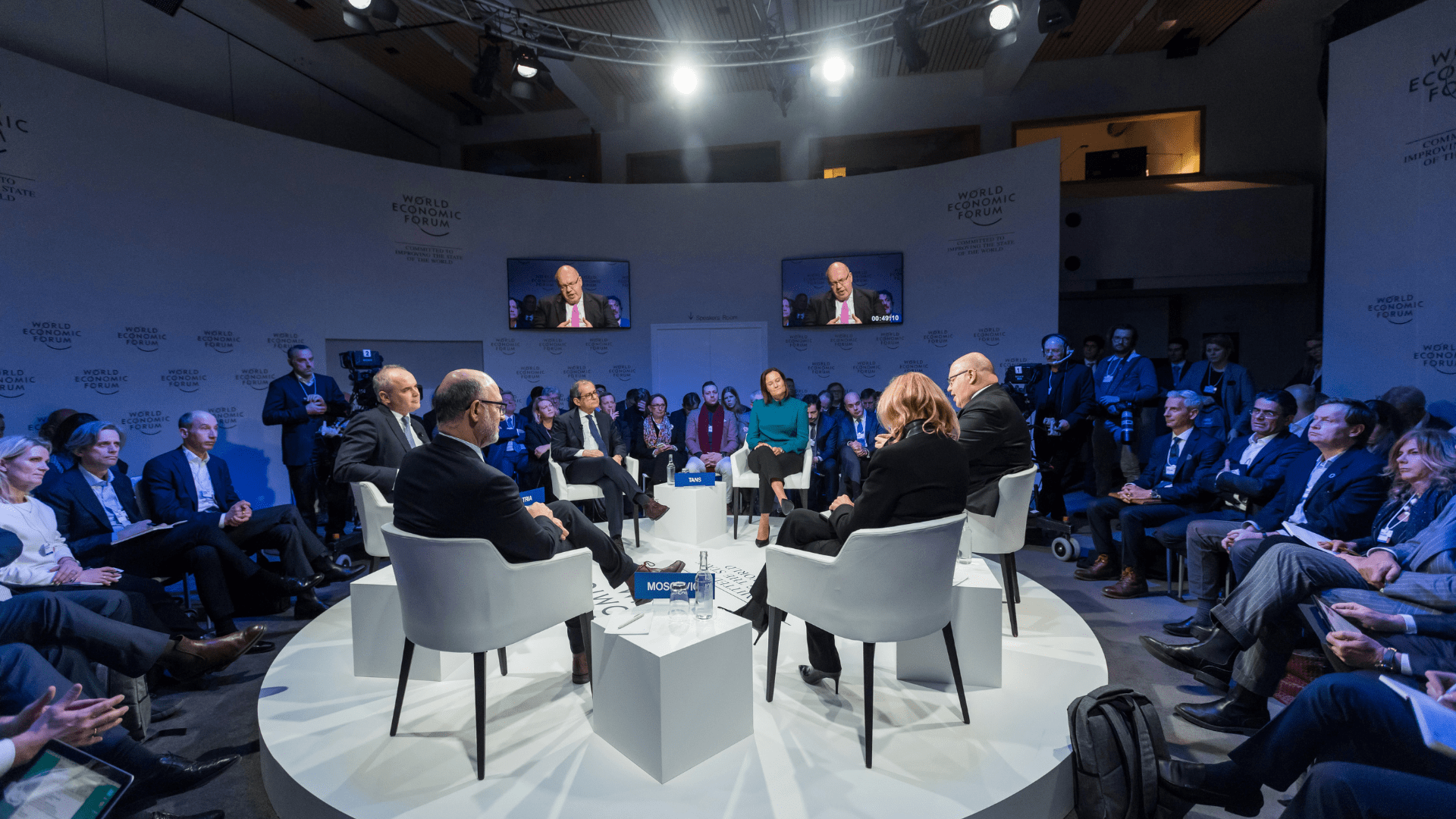
While philanthropy can address immediate needs and provide temporary relief, it falls short of addressing the systemic causes of wealth inequality.
Relying on the generosity of billionaires perpetuates a system where the distribution of resources is determined by personal choices rather than democratic decision-making. Critics argue that billionaires should not have the power to decide which societal issues to address and which to ignore.
Reimagining Wealth Distribution

To address wealth inequality, political philosophers argue for radical redistributive measures.
This includes policies such as higher top marginal tax rates, wealth taxes, and employee ownership of companies. The goal is to shift power and resources from billionaires back to ordinary people and create a more equitable society.
The Ethics of Extreme Wealth

The existence of billionaires raises ethical questions about the accumulation of wealth beyond what is necessary for a comfortable life.
Critics argue that extreme wealth is unjustifiable in a world where millions suffer from poverty, lack of access to healthcare, and basic human rights. They question the morality of a system that allows billionaires to exist while others struggle to meet their most basic needs.
The Role of Government
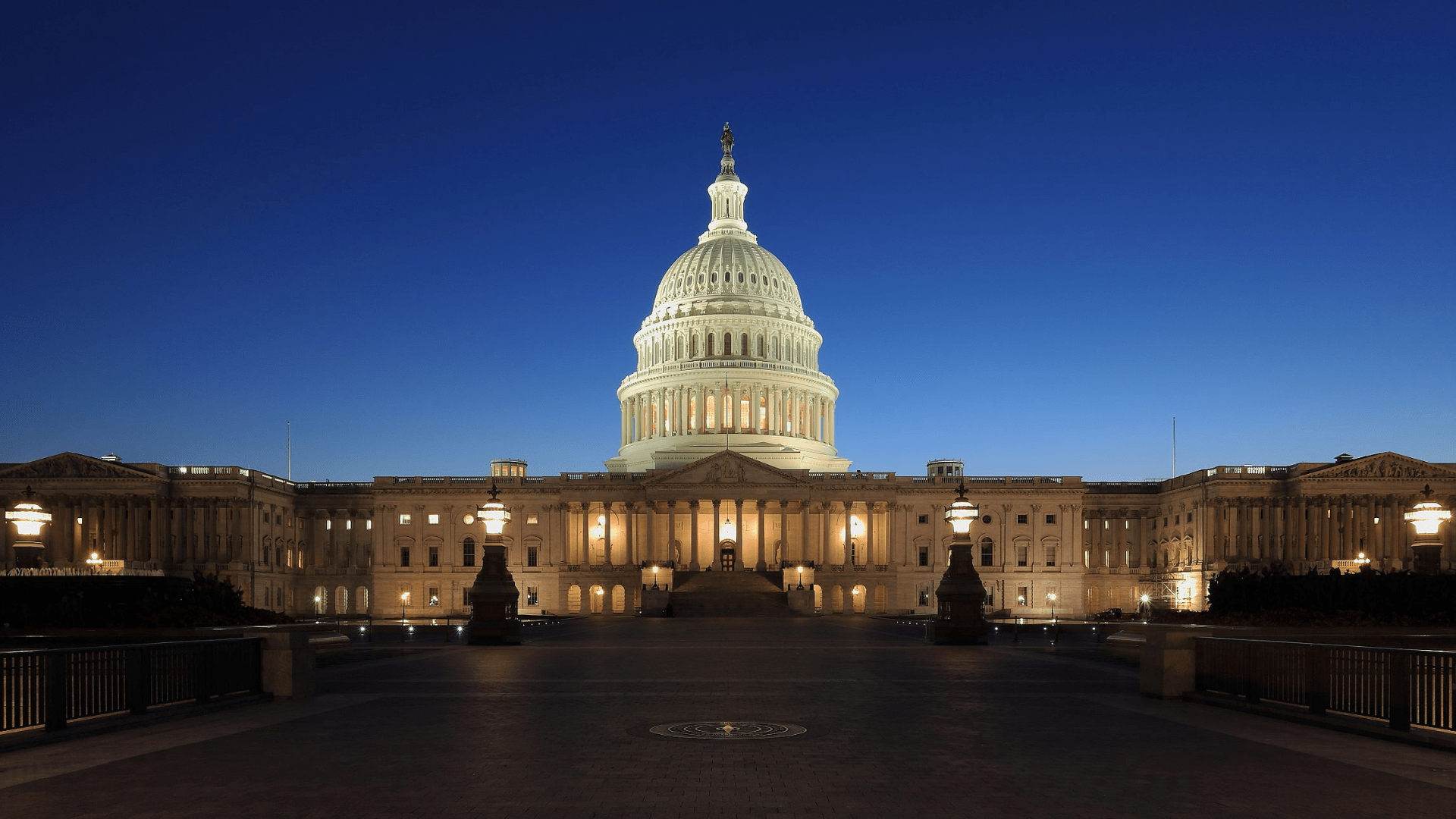
Central to the argument against billionaires is the role of government in addressing wealth inequality.
Critics argue that governments should take decisive action to regulate and reimagine the private sector. This includes implementing policies that promote fair wages, progressive taxation, and robust social safety nets. By redistributing power and wealth, governments can create a more equal society.
Public Opinion and the Debate
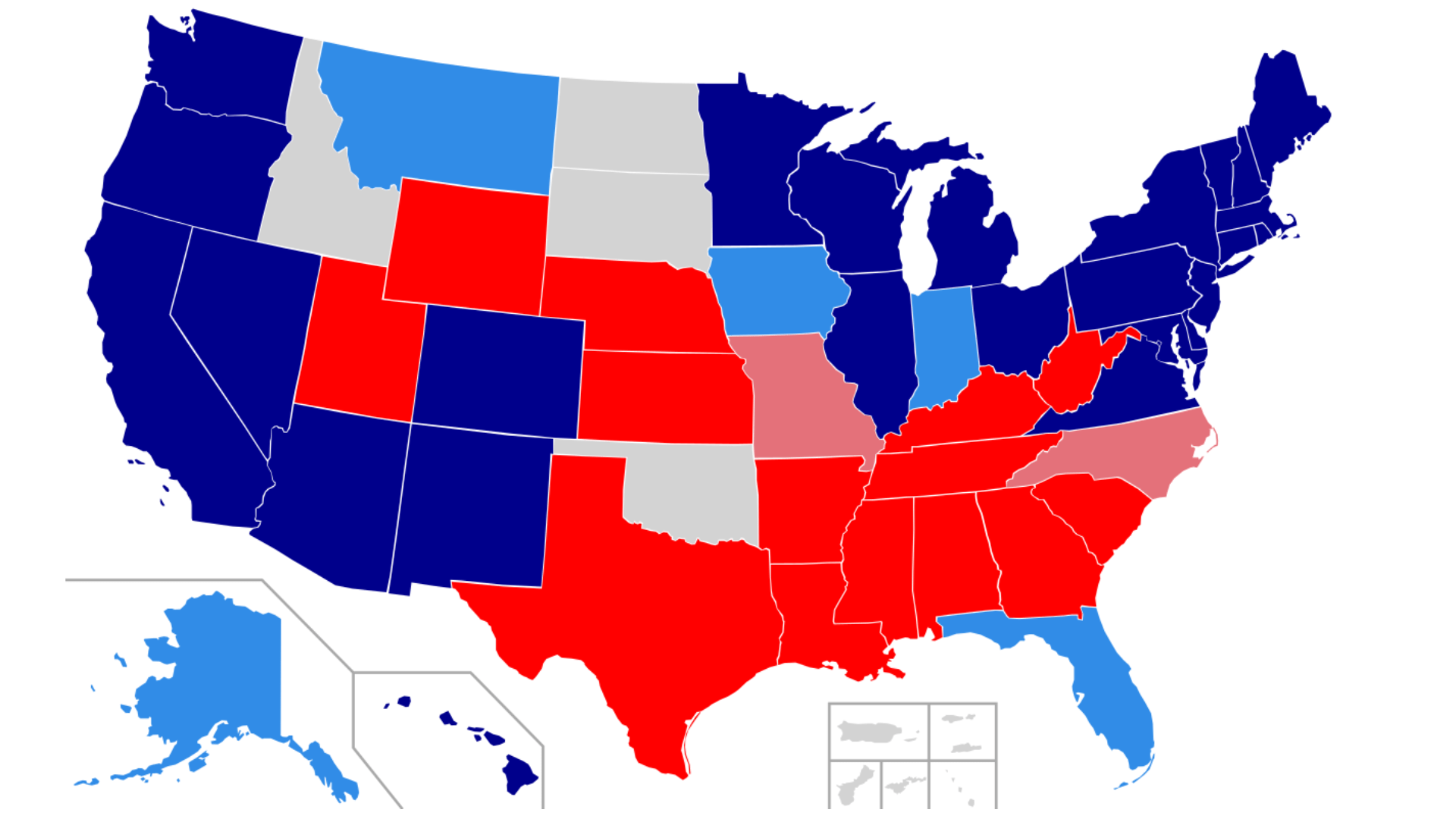
The issue of billionaires and wealth inequality has sparked intense public debate. Polling data shows that opinions on the matter vary significantly.
While some argue that billionaires should be celebrated for their success and philanthropy, others believe that their existence is detrimental to society. The debate reflects differing views on the role of wealth and the responsibilities of the rich in addressing societal issues.
The Vision for a More Equal World

Advocates for the eradication of billionaires envision a future where extreme wealth no longer exists.
They believe that by redistributing resources and power, society can be more equitable and just. This vision requires a fundamental reimagining of economic systems and policies to prioritize the well-being of all individuals rather than the accumulation of wealth by a few.
Should Billionaires Exist?

The debate surrounding billionaires and wealth inequality is a complex one, rooted in political philosophy and differing perspectives on the role of wealth in society. While some argue that billionaires contribute positively through philanthropy, others view their existence as a policy failure that perpetuates inequality.
Ultimately, the question of whether billionaires should exist goes beyond personal morality and calls for a reevaluation of our economic systems and priorities. As the discussion continues, it is crucial to consider the ethical implications of extreme wealth and strive towards a more equitable world for all.
